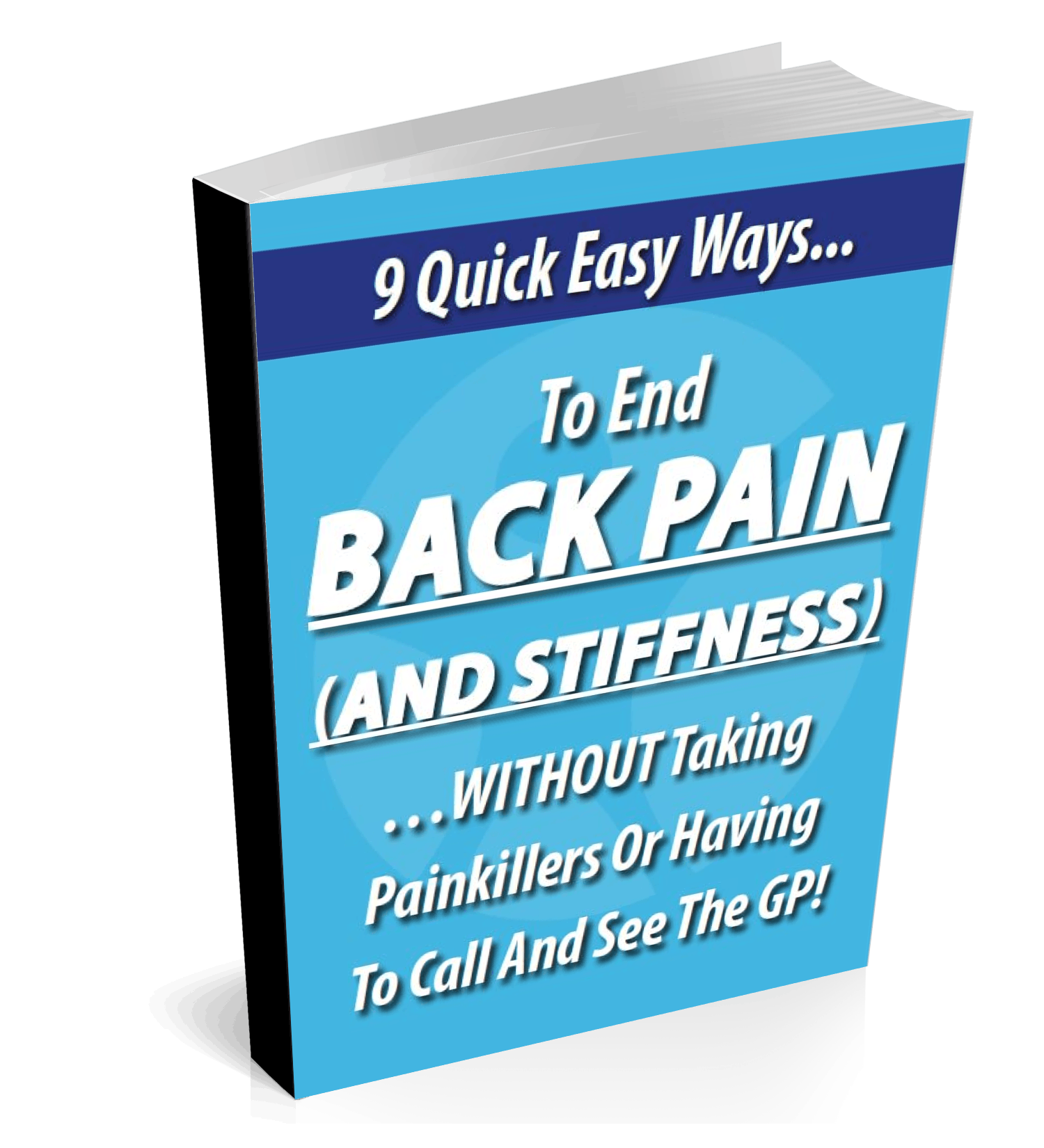Shoulder pain is an incredibly common issue that most people will experience in their lifetime. It can range from mild to severe, making it difficult for those affected to complete daily tasks and activities that require shoulder movement.
The causes of shoulder pain are varied and many, but some of the most common include rotator cuff injuries, acute fractures or dislocations, bursitis, tendonitis, nerve damage and arthritis.
In most cases, shoulder pain can be effectively treated with a combination of rest, exercises and medication. When prescribed by a doctor or physical therapist these treatments can help reduce inflammation, improve mobility and strengthen muscles in order to alleviate discomfort.
For those suffering from chronic shoulder pain, it is particularly important to seek treatment in order to prevent long-term damage or further aggravation of the condition. Shoulder pain can greatly affect day-to-day activities and make them difficult or impossible to complete.
Writing, typing, carrying items and sleeping can all be impacted by discomfort in the area which can become worse if left untreated.
Sleeping with shoulder pain can be an immensely difficult experience. Pain and discomfort can result in difficulty falling asleep, staying asleep, and overall poor quality of sleep. Sleep deprivation caused by shoulder pain can have detrimental impacts on our physical and mental health.
Lack of restful sleep increases stress levels, weakens our immune system and impairs cognitive functions. To make matters worse, sleeping in the wrong position or on a surface that is not supportive enough could further aggravate the issues with shoulder pain.
So what can you do to make it easier to sleep with shoulder pain and what can you do to help in making sure that the pain isn’t getting worse while sleeping?
5 Tips for Sleeping With Shoulder Pain
1. Use a firm mattress and pillow: A firm mattress helps keep the spine in proper alignment which reduces shoulder pain. Choose a pillow that keeps your neck and back in line, not one that is too thick or thin, to help reduce shoulder pain when sleeping.
2. Sleep on your back: Sleeping on your back can help reduce shoulder pain because it keeps the spine properly aligned and prevents strain on the shoulders while you sleep. If this position is uncomfortable, try putting a pillow under each arm for support.
3. Avoid sleeping on your stomach: Sleeping on your stomach can put unnecessary pressure on your shoulders, causing them to arch which increases the likelihood of developing shoulder pains during sleep. Instead, try sleeping on your side or back.
4. Stretch before bed: Doing some light stretches before getting into bed can help relax tense muscles and reduce shoulder pain. Gentle neck rolls, arm circles and shoulder shrugs are all good exercises to do before heading off to sleep.
5. Wear a Compression Sleeve: Wearing a compression sleeve at night can help reduce the pain in your shoulder and improve circulation while you sleep. This will also prevent any further damage to the area by keeping it held in place and allowing for proper healing.
Sleeping with shoulder pain doesn’t have to be difficult and something that disallows you to get a good night’s rest. By following simple tips such as using a firm mattress, sleeping on your back, avoiding sleeping on your stomach, stretching before bed, and wearing a compression sleeve you can ease the discomfort associated with shoulder pain while sleeping. With these tools in mind and careful consideration of how you sleep
How Can Physical Therapy Help With Shoulder Pain?
Shoulder pain can be debilitating and interfere with your daily life. It is important to seek treatment for any shoulder pain you may experience. Physical therapy is a safe and effective way to treat shoulder pain.
Through physical therapy, we will assess the source of the pain and create a plan tailored to reduce the affected area’s discomfort. The goal of physical therapy it to restore strength, flexibility, range of motion, and mobility in order to help minimize your shoulder pain.
Our team of experts will give you exercises that are designed to improve muscle function while relieving stiffness or tightness around the shoulder joint area. It is essential that you do your exercises correctly in order to achieve maximum benefit from them.
These exercises can help improve posture, reduce inflammation, and strengthen the muscles around the shoulder joint. Furthermore, physical therapy may also include manual therapies such as massage or stretching to reduce pain and increase range of motion.
So if you are unsure on how we can help and want to start the conversation to help with your shoulder pain, make sure to come visit us at Bodyworx Physical Therapy and Concussion Center.
Are You Having a Hard Time Sleeping Because of Shoulder Pain? Come see us!
If you are dealing with shoulder pain and are having a hard time sleeping because of the pain you are experiencing, feel free to schedule a free phone consult, or contact us to arrange a Free Shoulder Pain Assessment. You can also feel free to give us a call at 316.558.8808 (We still like to talk on the phone!)
We also have many more running related videos on our YouTube channel.
If you think you may have a frozen shoulder or you are dealing with pain, make sure to contact us and we can help!
We love to keep people in Wichita, Andover, Derby, and Maize (as well as the surrounding areas in Kansas) mobile, active, and off pain pills – let our expertise go to work for you to help you return to the activities you love.
Don’t forget, you can schedule a no-obligation (and free!) phone consult or visit us at our Wichita clinic as part of your free discovery visit. Or just give us a call at 316.558.8808.
Until next time,
Cody Barnett PT
Other Free Resources To Help Reduce Shoulder Pain
Read Our Blog – 5 Exercises To Help A Frozen Shoulder
Read Our Blog – Frozen Shoulder: Causes, Symptoms and Treatment
Subscribe to Our YouTube Channel – Bodyworx Physical Therapy YouTube Channel
Follow Us On Social Media – Bodyworx Physical Therapy Facebook



